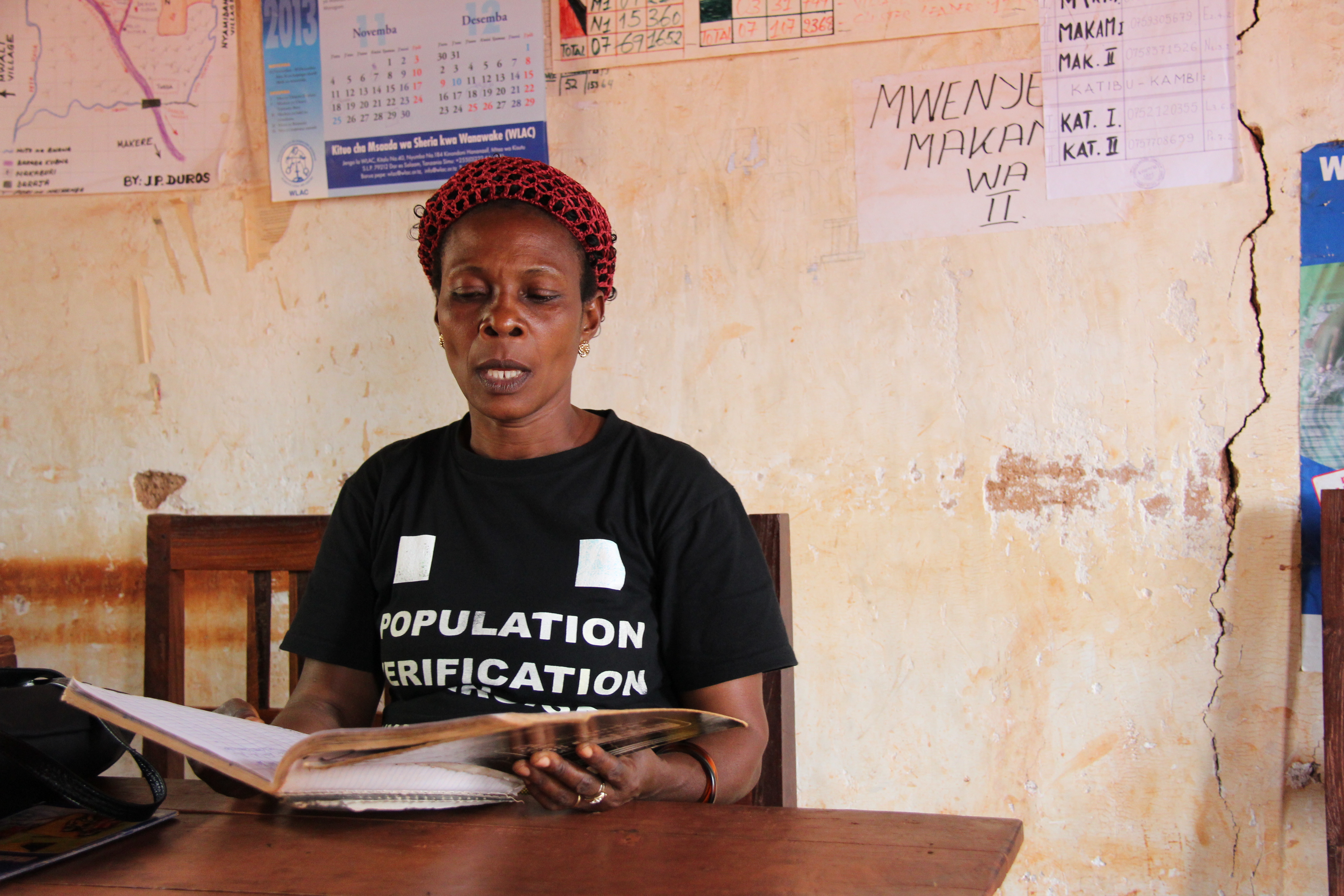UNHCR seeks extra US$40 million to help displaced Congolese this year
UNHCR seeks extra US$40 million to help displaced Congolese this year

GENEVA, September 18 (UNHCR) - The UN refugee agency on Tuesday launched an appeal for almost US$40 million to help close to half-a-million forcibly displaced Congolese civilians in the east of their country and in neighbouring Uganda and Rwanda.
Since fighting erupted in North Kivu province between government forces and the M23 rebel movement in April this year, an estimated 390,000 people have been internally displaced in eastern Democratic Republic of the Congo (DRC) and more than 60,000 Congolese have fled to neighbouring Rwanda and Uganda.
"The situation remains volatile and we expect further displacement this year," UNHCR's chief spokesperson, Melissa Fleming, told journalists in Geneva, adding that the appeal, accordingly, covers the needs of 400,000 internally displaced people (IDP) in North Kivu, South Kivu and Orientale provinces and 75,000 refugees (25,000 in Rwanda and 50,000 in Uganda).
"If the violence and abuse of civilians continues to rise in the eastern provinces, the number of new IDPs [in the DRC] is expected to be even higher, and may reach as many as 760,000 in the coming months," she warned.
Fleming said the funding being sought in Tuesday's supplementary appeal included US$7.35 million for UNHCR's Democratic Republic of the Congo (DRC) operations, an extra US$12.2 million for Rwanda and US$20 million in Uganda. "This will cover the needs of up to 475,000 IDPs and refugees," she said.
The needs and challenges are great in areas such as protection, prevention of and protection against sexual violence, general assistance such as shelter and core relief items, basic services such as education, health, water and sanitation, infrastructure, logistical support, and camp coordination and management.
In the DRC, insecurity and the remoteness of IDP sites are major constraints to aid delivery and protection monitoring. In North Kivu, more than 127,000 new IDPs are living in 31 camps under UNHCR management, while many others are living with host families and in spontaneous settlements in and around the provincial capital of Goma. In recent weeks, more and more IDPs have been moving to spontaneous sites or camps, and less to host families.
Fleming said that specific needs in the eastern Congo included emergency shelter for 40,000 households in North Kivu and Province Orientale; basic domestic items for 15,000 households, including 2,000 spontaneous returnees from Uganda; sanitary material for 50,000 women; and family latrines for 10,000 households.
In Rwanda, scarcity of land is the main challenge. Kigeme refugee camp, which opened in June and hosted 13,000 people at the end of August, will have a capacity for 25,000 refugees. But it is located on hillsides in Southern province. To make the land fully useable, the hillsides need to be terraced, which is an expensive process.
In addition to the refugees at Kigeme, almost 7,000 were accommodated at the end of August at the crowded Nkamira Transit Centre, which needs upgrading. The extra funding is also needed in areas such as registration, aid packages, education, health, livelihoods, fuel, and construction of latrines.
Remoteness of the area and lack of access are also major challenges in Uganda. Infrastructure and basic services, including facilities such as health centres and schools, are lacking at the reopened Rwamwanja settlement. Some 24,000 people have been transferred from Nyakabande to Rwamwanja and two other settlements since April. Service delivery in Kisoro district's Nyakabande Transit Centre, where more than 40,000 people have been registered, is also a challenge. Another major concern is the high prevalence of malnutrition, with current levels among arrivals well above what is acceptable in an emergency.
The extra funding is needed, among other things, to boost protection and community services, reinforce basic services; construction or rehabilitation of roads and facilities in Rwamwanja, including health clinics and a laboratory; provision of at least 20 new classrooms in existing schools and creation of a new one; 120 new water sources or boreholes; and shelter and sanitation kits.
UNHCR declared its eastern Congo operation as an emergency late May after the fighting erupted in April. Unrelated fighting in South Kivu between Mai Mai militia and the rebel Democratic Forces for the Liberation of Rwanda (FDLR) has also caused displacement, while a power vacuum in parts of the east has caused further insecurity and suffering for civilians.
"We are particularly alarmed about the large number of human rights violations in North and South Kivu, where more than 15,000 protection incidents, including, murder, rape and forced recruitment have been reported since April. The real number is probably much higher," UNHCR's Fleming said.
According to the Office for the Coordination of Humanitarian Affairs (OCHA), almost 2 million people are internally displaced in eastern DR Congo, including some 220,000 forced to flee their homes since April in North Kivu, 108,000 in South Kivu and 62,000 in Province Orientale.








